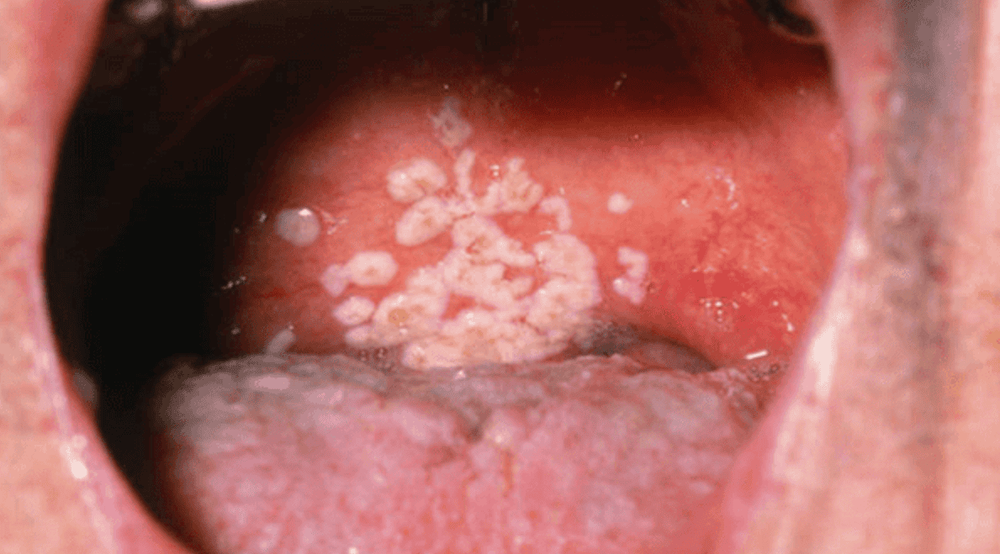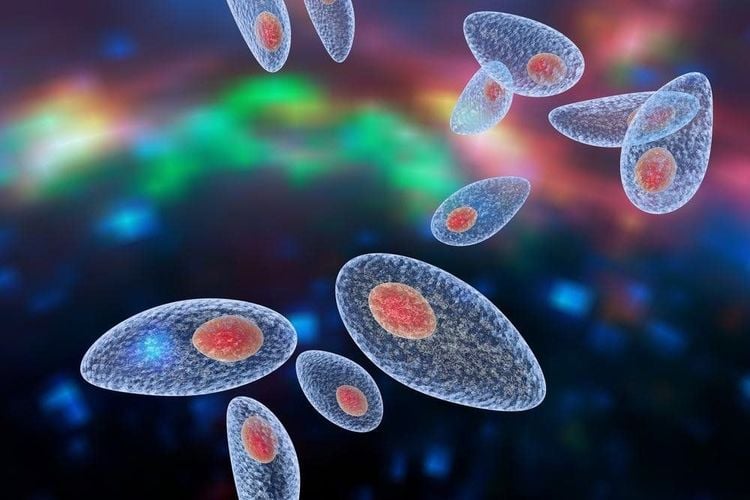Once HIV progresses to the end stage, the mortality rate of HIV-infected individuals increases significantly. Without treatment, those who have progressed to the end stage typically live for about 3 years. If the patient contracts a dangerous opportunistic infection, the survival time is only 1 year.
1. When is HIV diagnosed as end-stage?
After the T-CD4 lymphocyte cells of an HIV-infected person drop below 200 cells per 1μL of blood, they are diagnosed with end-stage HIV, also known as AIDS.
AIDS is the final stage of HIV infection, where the virus severely damages the body's immune system. Once HIV progresses to AIDS, end-stage HIV symptoms become common, and the mortality rate of HIV-infected individuals increases significantly. Without treatment, those who have progressed to AIDS typically live for about 3 years. If they contract a dangerous opportunistic infection, the survival time is only 1 year.
2. End-Stage HIV Symptoms
When the number of T-CD4 cells drops below 200 cells per 1μL of blood, cell-mediated immunity is compromised, leading to infections caused by a range of opportunistic microorganisms.
Common end-stage HIV symptoms include:
- Weight loss exceeding 10% of body weight
- Fever, diarrhea, and persistent cough lasting over 1 month
- Fungal infections in the throat; red rashes, blisters, swollen lymph nodes on the body, and generalized itching
- Fatigue and lack of concentration

3. What happens when there are end-stage HIV symptoms?
When HIV reaches the end stage, the body's immune systems are severely damaged, making the patient susceptible to opportunistic infections, which are infections that are rare or almost never occur in healthy individuals.
3.1. Common Infections
Common infections related to end-stage HIV include:
- Tuberculosis (TB): TB is the most common opportunistic infection and the leading cause of death in end-stage HIV.
- Cytomegalovirus: This herpes virus is transmitted through body fluids such as saliva, blood, urine, semen, and breast milk, causing damage to the eyes, digestive tract, lungs, or other organs.
- Candida infections: Candida is a common infection related to end-stage HIV. It causes inflammation in the mouth, tongue, esophagus, or vagina.
- Cryptosporidiosis: Patients contract this disease through contaminated food or water. The parasite grows in the intestines and bile ducts, leading to severe diarrhea in end-stage HIV patients.
- Cryptococcal meningitis: Cryptococcal meningitis is a common central nervous system infection associated with HIV, caused by a fungus found in soil.
- Toxoplasmosis: This potentially fatal infection is caused by Toxoplasma gondii, a parasite primarily spread by cats. Seizures occur when the parasite spreads to the brain.

3.2 Cancers in end-stage HIV patients
Kaposi's sarcoma: This tumor forms in the blood vessel walls and is rare in healthy individuals but common in those with HIV. Kaposi's sarcoma can affect internal organs, including the digestive tract and lungs.
Lymphoma: This cancer starts in the white blood cells. It is identified by painless swelling of the lymph nodes in the neck, armpit, or groin.
3.3 Other conditions
Unexplained weight loss: End-stage HIV patients may lose at least 10% of their body weight, accompanied by chronic diarrhea, persistent weakness, and continuous fever.
Neurological complications: The disease can cause neurological symptoms such as confusion, forgetfulness, depression, anxiety, and difficulty walking. One of the most common neurological complications is dementia, leading to behavioral changes.
Kidney disease: This condition involves inflammation in the small filters of the kidneys. Treatment involves using antiviral drugs.
4. Methods to slow the progression of end-stage HIV
When tested or symptoms of HIV are detected, the patient should start treatment as soon as possible. The main treatment method for HIV is the use of antiretroviral drugs to prevent the HIV virus from reproducing. This helps protect CD4 cells, keeping the immune system strong enough to fight off diseases.
Antiretroviral treatment also reduces the risk of transmitting HIV to others. Other methods that can help slow the progression of HIV to the end stage include:
- Balancing daily diet.
- Exercising regularly and moderately.
- Resting properly, avoiding stress, and maintaining a stable mental state.
- Avoiding tobacco and stimulants.
- Reporting to the doctor immediately when there are unusual HIV symptoms.
- Practicing safe sex.

- Preventive treatment: For those who are not infected with HIV, pre-exposure prophylaxis (PrEP) and post-exposure prophylaxis (PEP) can reduce the risk of transmission.
- Talking to loved ones: Share your health status with loved ones to receive health and psychological support from them.
- Connecting with others in similar situations: Join HIV support groups, either in-person or online, as these are places where you can meet others who are also facing this disease. This can provide mutual support and encouragement in daily activities and health issues.
Vinmec International General Hospital offers a Screening Package for social diseases, helping customers detect diseases early and provide effective treatment directions, preventing dangerous complications. The screening package for social diseases at Vinmec is available for all ages, both men and women.
To arrange an appointment, please call HOTLINE or make your reservation directly HERE. You may also download the MyVinmec app to schedule appointments faster and manage your reservations more conveniently.













